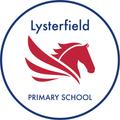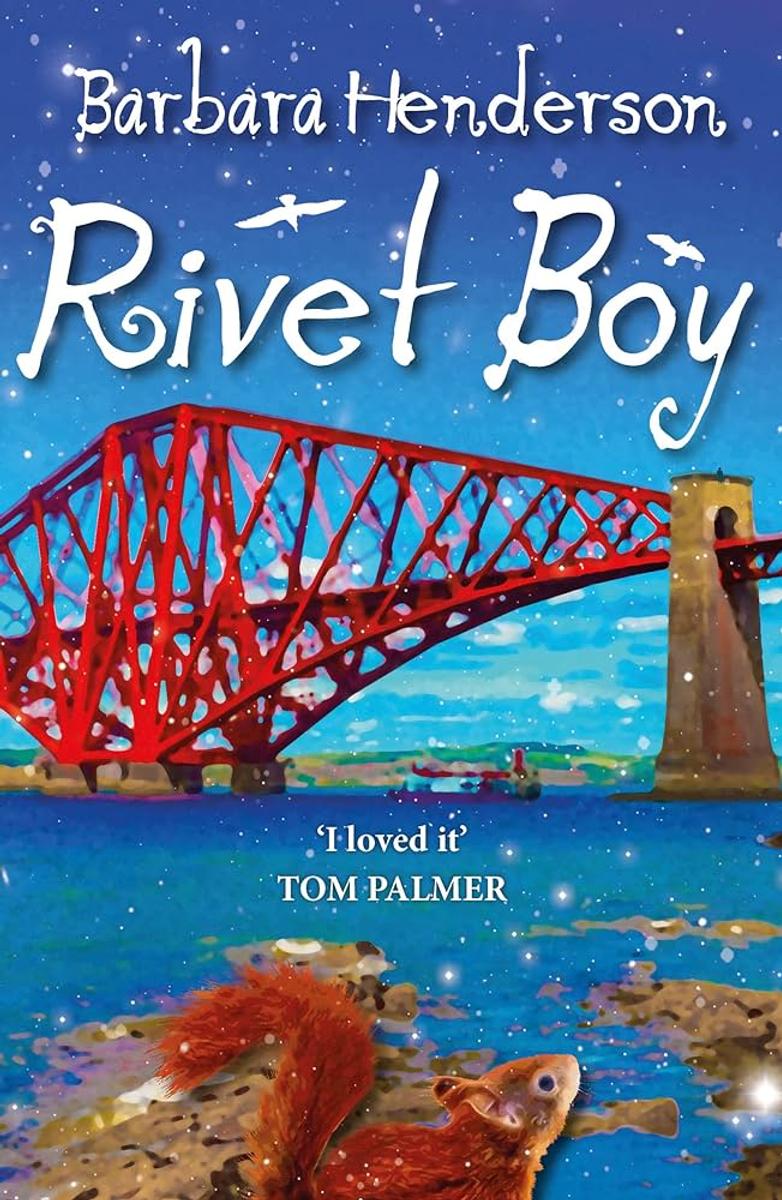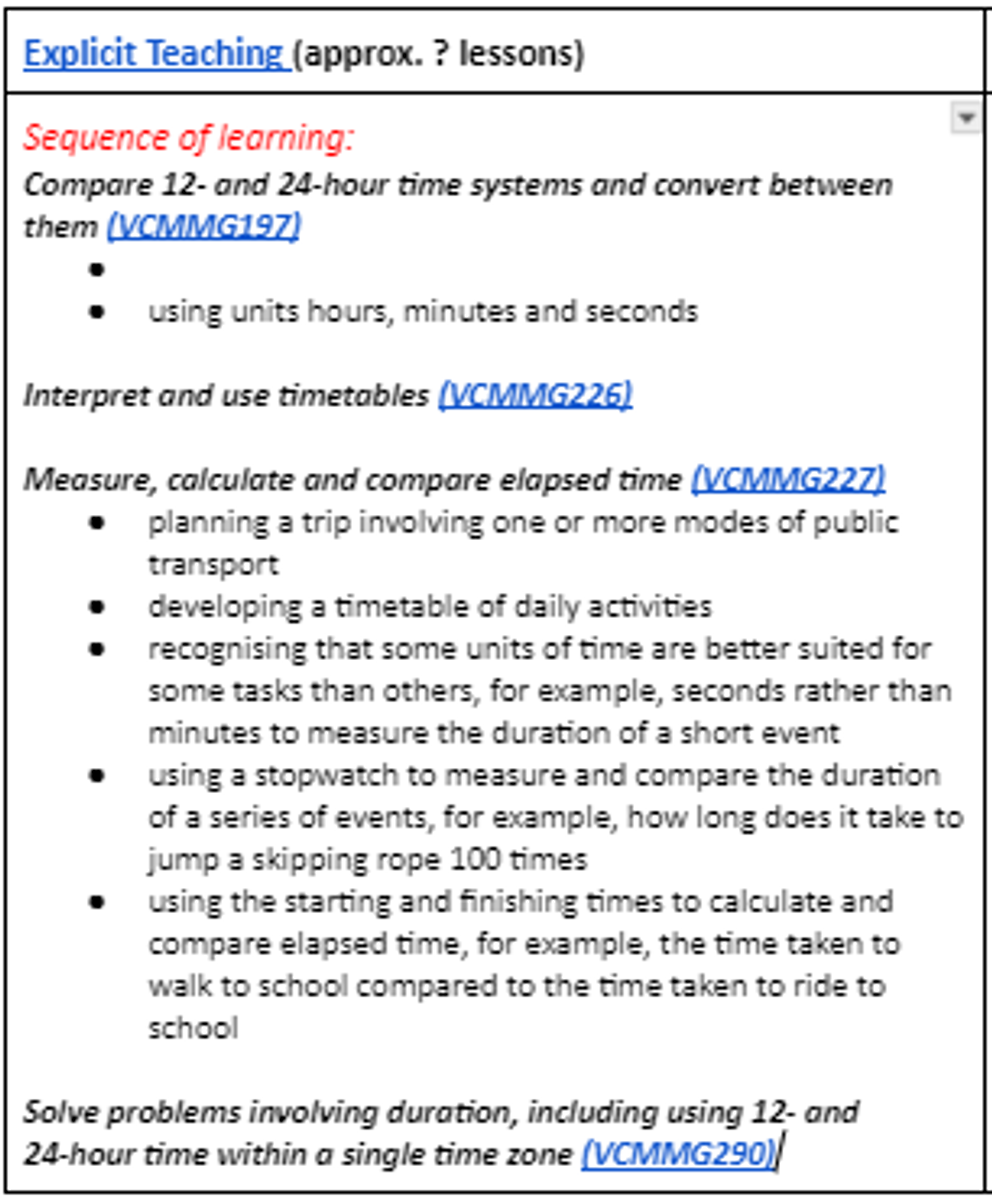Grade 6 News

Learning in Action
Literacy
In Grade 6 this week, we are immersing ourselves into stories in order to build passion and ideas for our narrative literacy unit. Students have spent time investigating the themes encapsulated in a variety of texts. We have been learning that a theme is NOT the topic, the style or the genre of writing. Students have been exploring in depth that a theme IS the deeper, message, moral or point of the story.
As readers, students have been learning to think deeply about YouTube videos, books and movies in order to understand the theme the author is trying to convey. As writers, students have been exploring their own passions and values to guide a theme they will use as a writing idea.
Additionally, students have been engaging with the text 'Rivet Boy' as our novel study for the term.
Rivet Boy
When 12-year-old John Nicol gets a job at the Forth Bridge construction site, he knows it's dangerous. Four boys have already fallen from the bridge into the Forth below. But John has no choice. With his father gone, he must provide an income for his family-even if he is terrified of heights.
John finds comfort in the new Carnegie library, his friend Cora and his squirrel companion, Rusty. But when he is sent to work in Cain Murdoch's Rivet Gang, John must find the courage to climb, to face his fears, and to stand up to his evil boss.
Based on real people and events, Rivet Boy blends fact and fiction to tell the story of one boy's role in the building of the iconic Forth Bridge-Scotland's greatest man-made wonder-in 1889.
Preview for Learning: Over the next two weeks, students will be using their understanding of theme to guide the plot and character development when creating their own stories. Students will be using the text 'Rivet Boy' to learn about the structure and elements included in narrative writing, and practise connecting texts with other texts, and the real world to deepen their understanding as they read.
Maths
Students have begun developing their understanding of number by exploring place value. The system of numbers we use and the way they work is the optimal starting place for students to build on throughout the year. Throughout Term 1, students will be engaging with the following whole Grade 6 learning goals:
- I can identify and describe factors and multiples of whole numbers
- I can identify and describe properties of prime, composite, square and triangular numbers
- I can decompose and partition numbers
- I can round and estimate using my understanding of place value
- I can make, represent, compare and order integers
Additionally, each student in Grade 6 will working on an individual goal that suits their needs in relation to place value. These goals are sequenced in an order where each concept builds on the next, and students understand where to take their learning once they feel confident with their goal.
These individual based goals are as follows:
- I am learning to make and represent numbers
- I am learning to read and write numbers
- I am learning to count forwards and backwards in place value
- I am learning to compare and order numbers
- I am learning to decompose and partition
- I am learning to round and estimate using my understanding of place value
- I am learning to identify properties of numbers (factors, multiples, prime, composite)
- I can apply my knowledge of multiples and factors to two numbers
- I can make and represent integers
- I can compare and order integers
- I can add and subtract integers
Time Investigation
In addition to their focus on place value, students have been embarking on an investigation that will help them understand the concept of time at a Grade 6 level. Students are being exposed to lessons and investigative activities around the following areas:
In order to achieve these goals, students will be planning an exciting interstate holiday for themselves.
To find out more about what will be covered in Year 6 maths click here.
Inquiry
Our Inquiry topic this term is Civics and Citizenship, where students are learning about the following concepts:
- Explain how and why laws are enforced and describe the roles and responsibilities of key personnel in law enforcement, and in the legal system
- Explain how state/territory and federal laws are initiated and passed through parliament
- Describe the roles and responsibilities of the three levels of government, including shared roles and responsibilities within Australia's federal system
- Discuss the values, principles and institutions that underpin Australia’s democratic forms of government
Students will be learning about how each of these concepts connect with their daily lives, and will be culminating in students answering the following question for themselves: how can I make change as a global citizen?
Wellbeing
Students have been learning about character strengths, both in relation to characters in books and movies, as well as themselves. We have discussed that everybody is different, and has different strengths, but we can also use our personal strengths to overcome challenges that we face.
Calendar and Events
27th Feb - 1st March: Life Ed Program
6th March: Athletics Day
Micro Mathematicians Extension Program
The University of Melbourne is offering a Primary School Outreach Program called Micro Mathematicians. These are online workshops offered to Grade 5 and 6 students in the school holidays that seek to extend and challenge their mathematical thinking and understandings in unique and interesting ways.
If your child is interested in applying for the workshops, applications are now open for the first workshop on Tuesday April 9th. For more information, please visit their website.
The Micro Mathematicians program is part of the Victorian Challenge and Enrichment Series, and is supported by the University of Melbourne School of Mathematics and Statistics and the Victorian Government.




